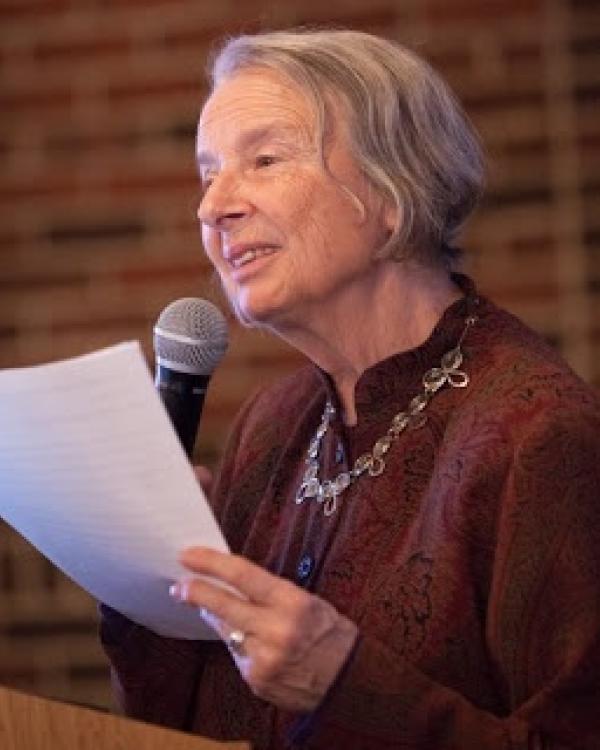
Dr. Lella Gandini, the U.S. Liaison for the Reggio Emilia Program of Early Childhood Education, will give the lecture “Early Childhood Education and Society in Post-War Italy: The Case of Reggio Emilia” on Monday, October 24 at 12 noon in HSSB 4020 on the UC Santa Barbara campus. The event is free and open to the public.
In Northern Italy in the late 1960s, within the context of the emerging Italian feminist movement and of social protests advocating for better social services, child care, and schools for young children, the city of Reggio Emilia developed an innovative system for the education of young children. Parents, citizens, and new immigrants alike were included as owners and participants. Teachers, moreover, collaborated with school psychologist Loris Malaguzzi in developing a system of documentation for their innovative work in the preschool setting. Reggio Emilia suggests a constructivist approach to early education, and it bears similarities to the theories of John Dewey, Jean Piaget, Lev Vygotsky, and Jerome Bruner.
Dr. Gandini is one of the most well-known leaders in the field of early childhood education. She is the co-author of The Hundred Languages of Children: The Reggio Emilia Approach – Advanced Reflections; Bambini: The Italian Approach to Infant/Toddler Care; In the Spirit of the Studio: Learning from the Atelier of Reggio Emilia; and Loris Malaguzzi and the Teachers: Dialogues on Collaboration and Conflict Among Children.
The lecture is presented by the UC Santa Barbara Departments of History, French & Italian, Feminist Studies, and Education.